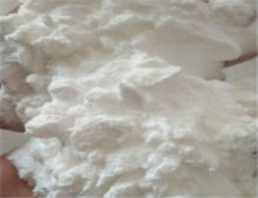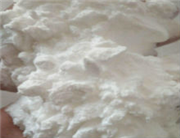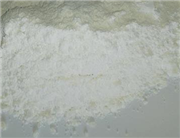SPECIFICATION
Product Name: | Phenethyl caffeate |
Synonyms: | PHENYLETHYL CAFFEATE;PHENETHYL 3,4-DIHYDROXYCINNAMATE;PHENETHYL CAFFEATE;(E)-3-(3,4-DIHYDROXYPHENYL)-2-PROPENOIC ACID, 2-PHENYLETHYL ESTER;CAFFEIC ACID PHENYLETHYL ESTER;CAFFEIC ACID PHENETHYL ESTER;2-phenylethyl3-(3,4-dihydroxyphenyl)-2-propenoate;3-(3,4-dihydroxyphenyl)-2-propenoicaci2-phenylethylester |
CAS: | 104594-70-9 |
MF: | C17H16O4
|
MW: | 284.31 |
Mol File: | 104594-70-9.mol |
Caffeic acid phenethyl ester referred CPAE, is one of the main active component of propolis, the effectiveness of the herpes virus, other viruses were inhibited by propolis components as well as adenovirus, influenza virus. Propolis CAPE, quercetin, isoprene, esters, isorhamnetin, Kora prime and glycosides, polysaccharides and other substances have anticancer activity, can inhibit the proliferation of tumor cells, cancer cells have a certain toxic effect and CAPE tumor cells with specific lethality.
Function.
1. Caffeic acid phenethyl ester has been shown to inhibit carcinogenesis, although other experiments show possible carcinogenic effects. It is also known as an antioxidant in vitro and also in vivo.
2. Caffeic acid phenethyl ester also shows immunomodulatory and anti-inflammatory activity.
3. Caffeic acid phenethyl ester outperformed the other antioxidants, reducing aflatoxin production by more than 95 percent. The studies are the first to show that oxidative stress that would otherwise trigger or enhance.Aspergillus flavus aflatoxin production can be stymied by caffeic acid. This opens the door to using natural anti-fungicide methods by supplementing trees with antioxidants.


 China
China

